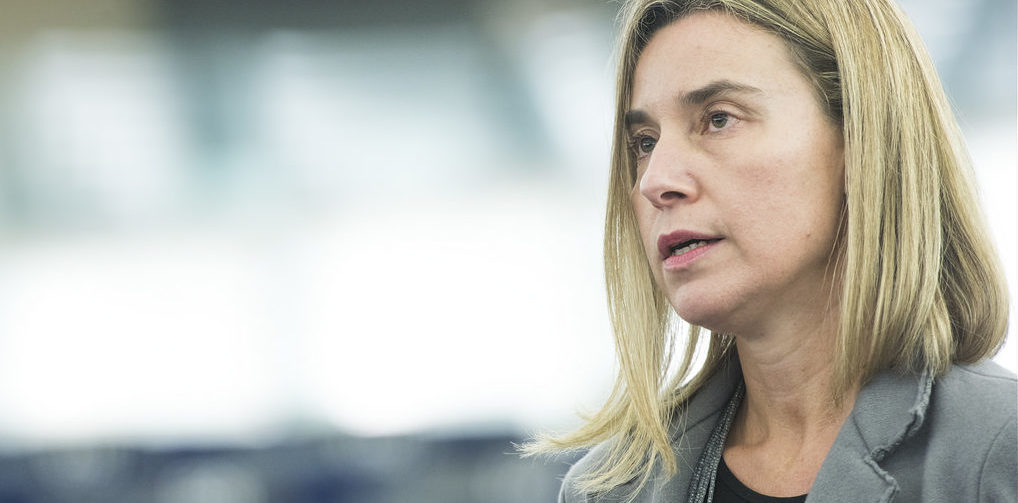The EU should not unfreeze the assets of a Tunisian businessman and son-in-law of the former Tunisian president Zine el Abidine Ben Ali, Transparency International said today.
Following a request from the Tunisian Ministry of Foreign Affairs, Mohammed Marouen Mabrouk, will potentially be removed from the EU’s list of 48 people sanctioned for misappropriating Tunisian state assets in 2011, following the Tunisian revolution. The Mashreq/Maghreb Working Party (MAMA), responsible for EU foreign policy and security issues in the MENA region, has already approved the foreign ministry’s request.
Mabrouk is under investigation in Tunisia for corruption. On 15 November 2018, the EU General Court upheld Mabrouk’s inclusion in the Tunisia sanctions lists for 2017 and 2018, as they had previously for 2015 and 2016.
Youssef Belgacem, Senior Project Manager at I Watch, Transparency International’s chapter in Tunisia, said:
“It appears that the foreign ministry has sent this request to the EU under instruction from Prime Minister Chahed. With Mr Chahed seeking to launch a new political party, one year before the elections in Tunisia, this request to unfreeze Mabrouk’s assets alone – out of nearly 50 sanctioned individuals – strongly suggests some kind of deal has been struck. Moreover, the Tunisian Government should not be seeking Mabrouk’s release from international sanctions while corruption investigations into him are ongoing. Such a request would have been the responsibility of the Administrative and Civil Disputes Settlement Committee, which decided against issuing a similar request in January 2018.”
Prime Minster Chahed’s request will be considered by EU diplomats participating in the Working Party of Foreign Relations Counsellers (RELEX) in early January 2019 and will be confirmed by EU Foreign Affairs Ministers later that month. The Prime Minister’s request comes after Mabrouk actually lost his case in Tunisia. On July 12 2018 the Tunisian court decided to seize his assets and refuse his appeal.
EU governments should reject the request until such time as the corruption allegations are resolved, said Carl Dolan, Director of Transparency International EU.
“On International Human Rights Day earlier this month, EU Foreign Ministers affirmed the importance of the EU sanctions regime for defending human rights, and are looking into targeting the assets of human rights abusers and ending their right to travel to and within the EU. Granting this selective and suspect request from the Tunisian government would send entirely the wrong message to corrupt governments and their acolytes.”



